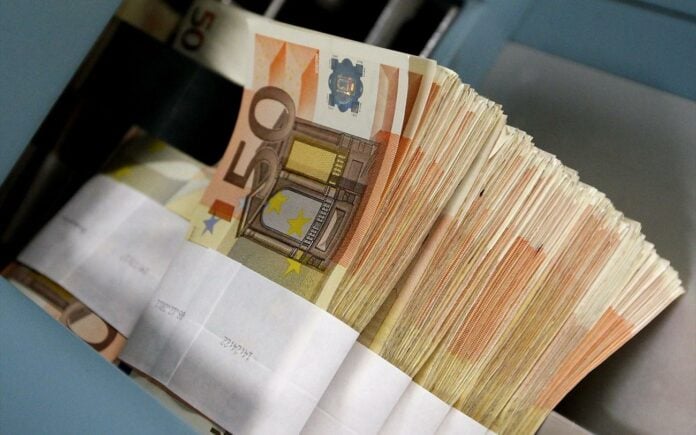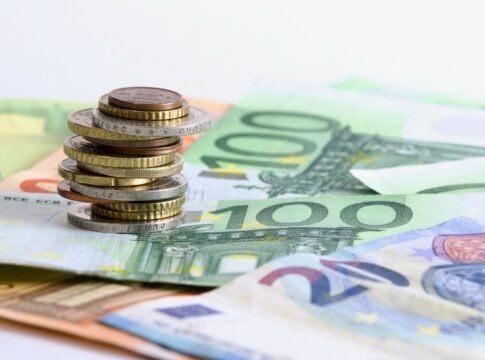By A. Doga
Roughly six billion euros in “new money” has been “recycled” in Greece’s battered banking system nearly four months after a loosening of capital controls in the country, imposed in late June 2015 in order to prevent a “bank run” in the wake of the calling of a controversial referendum on creditors’ terms at the time.
Nevertheless, net deposits have barely been affected upwards, given that a mostly “revolving door” situation exists.
According to banking sector analysts, the “new money” is mostly cash removed by individual depositors prior and after the imposition of capital controls and then returned to the bank to fund consumer purchases, such as super market shopping, petrol, gaming, paying off tax obligations, dining, etc. The extra liquidity is then recycled by businesses.
Although the results of the loosening of capital controls are judged as generating meager results, bank executives maintain that a further receding of the measure is necessary, towards the goal of eliminating the regime all together.
At last count, private sector deposits reach 123 billion euros, a 13-year low. One estimate holds a return of no more than one billion euros by the end of the year, as efforts to lure back tens of billions of euros that evaporated from banks’ ledgers remain in safe deposit boxes, held in overseas accounts and even under mattresses.














